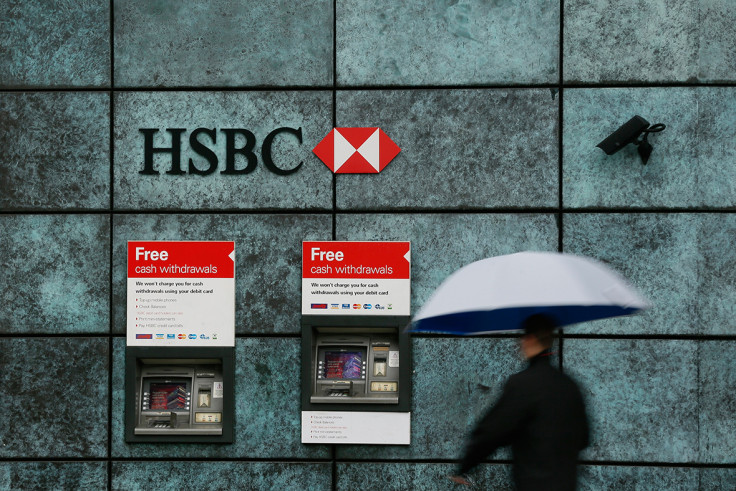HSBC hails 'good results' despite 19% decline in profits
Pre-tax profits at Britain's biggest lender fall 19% in Q1 but adjusted profits climb 12%.

First quarter profits at HSBC fell by almost a fifth on the back of a change in the accounting of the fair value of its debt, although the lender reported an increase in economic activity.
In the three months to 31 March, pre-tax profits fell 19% year-on-year to $4.96bn (£3.88bn), but adjusted profits before tax, which excludes one-off items, rose 12% from the corresponding period in the previous year to $5.94bn.
Meanwhile, the FTSE 100-listed bank said adjusted revenue increased 2%, defying analysts' expectations for a 9% drop.
The figures prompted chief executive Stuart Gulliver, who will retire next year, to describe the performance as "a good set of results", adding HSBC performed well across its global and commercial banking divisions as well as in its markets, retail and wealth management businesses.
"Commercial banking delivered higher revenue from our liquidity and cash management activities; and retail banking and wealth management was supported by rising interest rates and renewed customer investment appetite," he said.
"In addition, we completed a $1bn buy-back, and made progress on our cost-saving programmes, giving us further confidence in our ability to hit the higher cost-saving target that we announced at our annual results."
In February, HSBC warned the challenges posed by Britain's decision to leave the European Union and by Donald Trump's presidency could dent lending activity, expecting investors across the world to minimise their risks.
However, Gulliver appeared to allay those fears on Thursday (4 May). "We continued to grow lending in support of increased economic activity in the quarter, particularly in commercial banking in Hong Kong and the UK," he said.
Under his stewardship, Britain's biggest lender has exited 18 countries, amid a revamp that has seen it shedding thousands of workers as it places greater focus on Asia, which has weighed on its revenues.
Furthermore, a series of costly misconduct scandals have also taken their toll on the lender's financials. Earlier this year, the bank revealed the Financial Conduct Authority (FCA) was investigating its compliance with UK money laundering regulations and financial crime systems and control requirements.
The FCA probe was yet another regulatory burden on a long list for the bank, which paid $1.9bn to US authorities in 2012 to settle a series of money-laundering breaches.
The regulatory review is understood to be supervisory, rather than enforcement measure. However, such reviews can be referred to the FCA's enforcement division for its own investigation if there is evidence of wrongdoing.
© Copyright IBTimes 2025. All rights reserved.






















